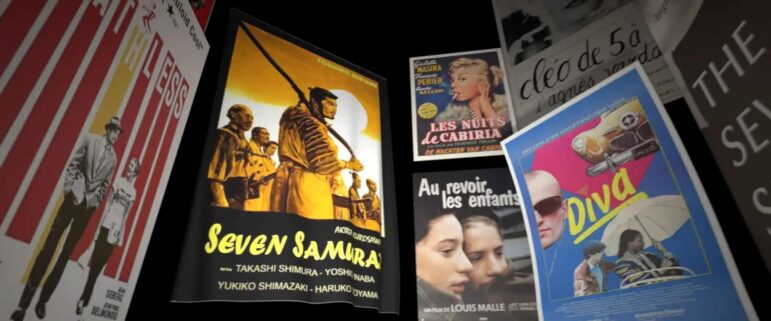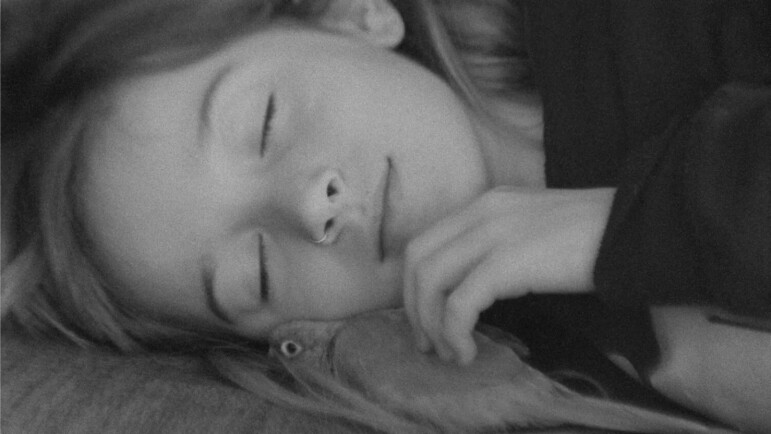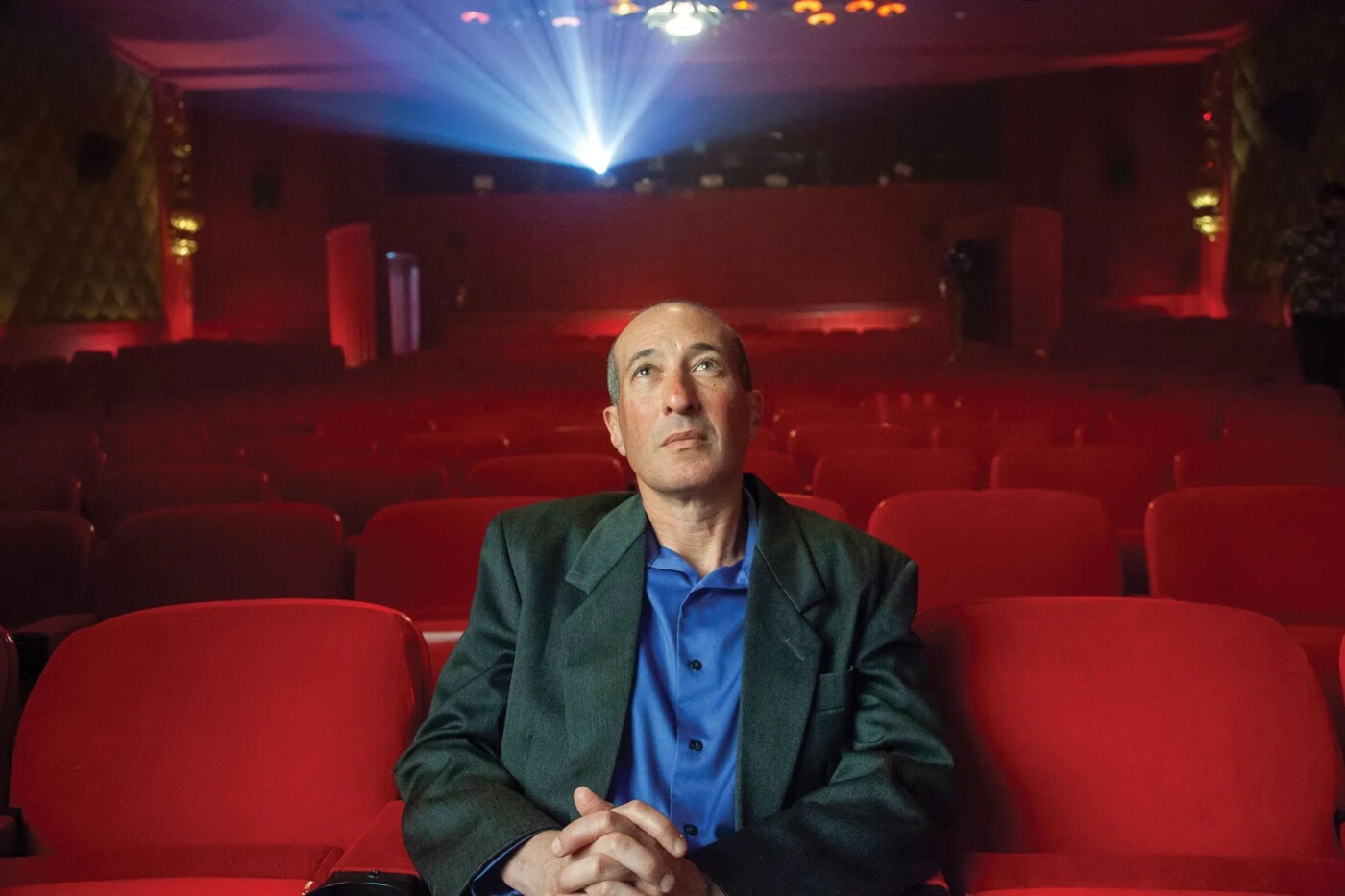There’s no way, so far, to stanch the flow of this widespread bloodbath—the dominoing closure of numerous Bay Area movie houses.
Just consider the once-mighty landmarks that have fallen.
Landmark’s Embarcadero Cinemas in San Francisco? Gone.
Landmark’s indie magnet Shattuck Cinemas and that old-school nugget, the California? Both in Berkeley, both now shuttered.
This month brought even more dire news when the 90-year-old United Artists (UA) Berkeley abruptly dropped its curtains for the last time on Shattuck Avenue, staggering the East Bay city that’s home to one of the nation’s most prestigious universities. Now it’s nearly a cinema desert. There’s just one rather small and quaint movie theater, the Rialto Elmwood, in addition to the respected Berkeley Art Museum and Pacific Film Archive, a bastion for film connoisseurs where thought-provoking conversations on the craft of filmmaking unspool nightly.
While the Bay Area cinematic community reels and fans express outrage over the surging casualty list (another bigger San Francisco location is set to tumble), some loyal fans are vocalizing their ire over proposed changes at the venerable Castro Theatre as the losses sadly are piling up.
The problem is not limited to one region, one state. It’s global, with an industry in flux and audiences that prefer to watch when and where they are able; streaming based on convenience, be that on couches, laptops, even squinty iPhones. Watching online is cheaper, fits better into busy schedules and cuts out the middle person.
Factor in economic hardships most local businesses experienced during the COVID-19 shutdown, and now the creative community of filmmakers, shakers and movie buffs remains left with a hole. The expanding chasm is ripping up the cultural fabric throughout towns and cities everywhere as the movie theater, once an apex for conversation, is being discussed with a tear in the eye.
While the invaluable experience of being in a dark theater collapsed into a plush seat with a terribly expensive box of popcorn in hand might not be facing immediate extinction, it is endangered, and needs to be protected—not in the future, but now.
The Laemmle family, owners of a tight clutch of influential, once-thriving movie theaters that flourished in Los Angeles, knows all too well about this freefall plunge. They’re doing anything they can to keep their comforting sanctuaries for cinephiles solvent.
In Raphael Sbarge’s film “Only in Theaters,” an insightful but sobering testament to what gets lost and will not likely ever be found as more of these cultural hubs get picked off like targets in an Agatha Christie novel, the plight is brilliantly laid out. Told mostly through the desperate eyes of current CEO Greg Laemmle and other family members, it reflects an institution in crisis, as one family that’s been involved in the film biz since the inception of Hollywood struggles to keep doors open and eke out a pittance of a profit.
With more theaters collapsing in the Bay Area, “Only in Theaters” sounds an alarm that diehard movie fans should heed. This week and next, the documentary screens at various Bay Area theaters, including the Roxie in San Francisco, the 3 Below in San Jose, the Rialto Elmwood in Berkeley and the Smith Rafael Center.

The movie isn’t framed merely through the prism of one family’s perspective.
Filmmakers, film historians and critics opine about how significant and important the Laemmle theaters, and in extension, all indie movie houses are—not only to filmmakers (Ava DuVernay, Nicole Holofcener, Cameron Crowe are spotlighted) but general audiences, adventurers who want to get transported to another place, another time, another way of being and seeing.
It’s a passionate film about the passion of keeping alive the global filmmaking experience and the most urgent need to support small, family-run businesses.
One of my favorite quotes comes from film critic-historian Leonard Maltin, who says: “It’s happening all too often. That a family-run farm sells out to one of the big agri companies. Or a personally run bookstore shuts its doors because they just can’t compete with the big boys. Each of those things is a little death.”
Laemmle will appear in person at Bay Area screenings, accompanied by influential Bay Area film figures. “Only in Theaters” opens at 6:40 p.m. Friday, Feb. 24 at the Roxie, with San Francisco-based producer and Strand Releasing co-founder Marcus Hu moderating.
A screening at 7:30 p.m. Saturday, Feb. 25 at the 3 Below in San Jose features Laemmle and special guests.
On Monday, Feb. 27 at the Rialto Elmwood in Berkeley, Greg and Tish Laemmle and director Sbarge appear at the 7 p.m. screening; and at 7 p.m. March 2 at the Smith Rafael, Greg Laemmle and the Bay Area’s Gary Meyer, cofounder of Landmark Theater, appear in conversation.
Other notable happenings this week are at Smith Rafael Film Center, where the Black History Month program offers two special events, one being a killer shorts program.
At 7 p.m. Saturday, Feb. 25, the Short Film Showcase includes Adrian Burrell’s “The Game God(S)”; Oakland’s Alba Roland Meja’s “Blackness Is Everything”; Aurora Brachman’s “Joychild”; Oakland screenwriter-director LaTajh Weaver’s feline celebration “Companion”; and Oakland writer-director Benjamin Mulholland’s “Lake Merritt Monster,” which is being expanded into a feature. Many of the filmmakers are slated to attend. Tickets are $5.

And at 1 p.m. Sunday, Feb. 26, Ethiopian-Mexican filmmaker Jessica Beshir’s intimate, personal documentary “Faya Dayi” screens with a conversation afterward.
For more information about both, visit rafaelfilm.cafilm.org.
The Smith Rafael also continues to celebrate Sight and Sound’s picks of the 250 best film rankings. A Bay Area favorite—Alfred Hitchcock’s twisted film noir, “Vertigo” with Jimmy Stewart and Kim Novak —screens at 1 p.m. Sunday, Feb. 26 and 7 p.m. Monday, Feb. 27. For tickets, visit rafaelfilm.cafilm.org/sight-and-sound-greatest-films.
While you’re there, check out details of a DIY “Vertigo” Walk in San Francisco, presented by Sterling Hedgpeth, programming manager of the Mill Valley Film Festival.
